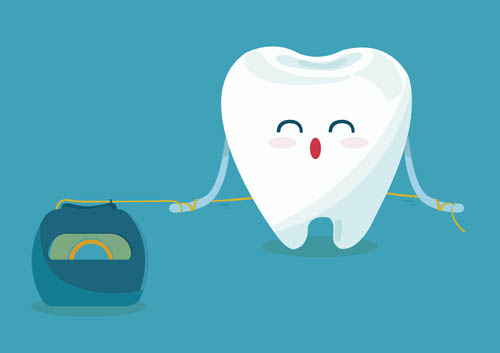When snoring becomes more than just annoying: The dangers of sleep apnea
January 28th, 2015

Sawing wood. That’s what your wife calls it when you wake her up with your snoring. This type of scenario plays out in homes around the world, and couples have to find a way to make light of the nocturnal annoyance. Snoring can become more than just an irritating nighttime disturbance, however. It can be the first sign of a potentially serious sleep disorder.
Sleep apnea is a disorder in which breathing repeatedly pauses throughout the night. Possible symptoms of sleep apnea include snoring loudly and feeling tired after a full night’s sleep.
Three health problems linked to sleep apnea
Sleep apnea often goes undiagnosed and untreated, which puts you at a greater risk of developing health problems. While being robbed of quality sleep can take its toll on you, sleep apnea can also result in the following.
- High blood pressure. When you wake frequently throughout the night, it causes your body's hormonal systems to become unbalanced and go into overdrive. This results in high blood pressure.
- Heart disease. The disrupted oxygen flow caused by sleep apnea increases your chances of having a heart attack or stroke. The cutoff of oxygen makes it difficult for the brain to regulate the flow of blood in the arteries.
- Excessive daytime sleepiness. Daytime fatigue often results in impaired judgment and slow reaction times, and this may increase your risk of being involved in a motor vehicle accident.
Lifestyle changes like losing weight, avoiding alcohol, and quitting smoking are often enough to cure sleep apnea. Medical treatment is also a potential solution. Surgery, oral appliances, and continuous positive airway pressure (CPAP), which is a treatment involving a specialized breathing mask, are all possible ways to resolve the problem of sleep apnea.
If you think you may be suffering from sleep apnea, or to schedule a visit with Dr. Gregory Weaver at our convenient Raleigh, NC office, please give us a call! Our entire team at Weaver Dentistry look forward to giving you back a full night’s rest!



